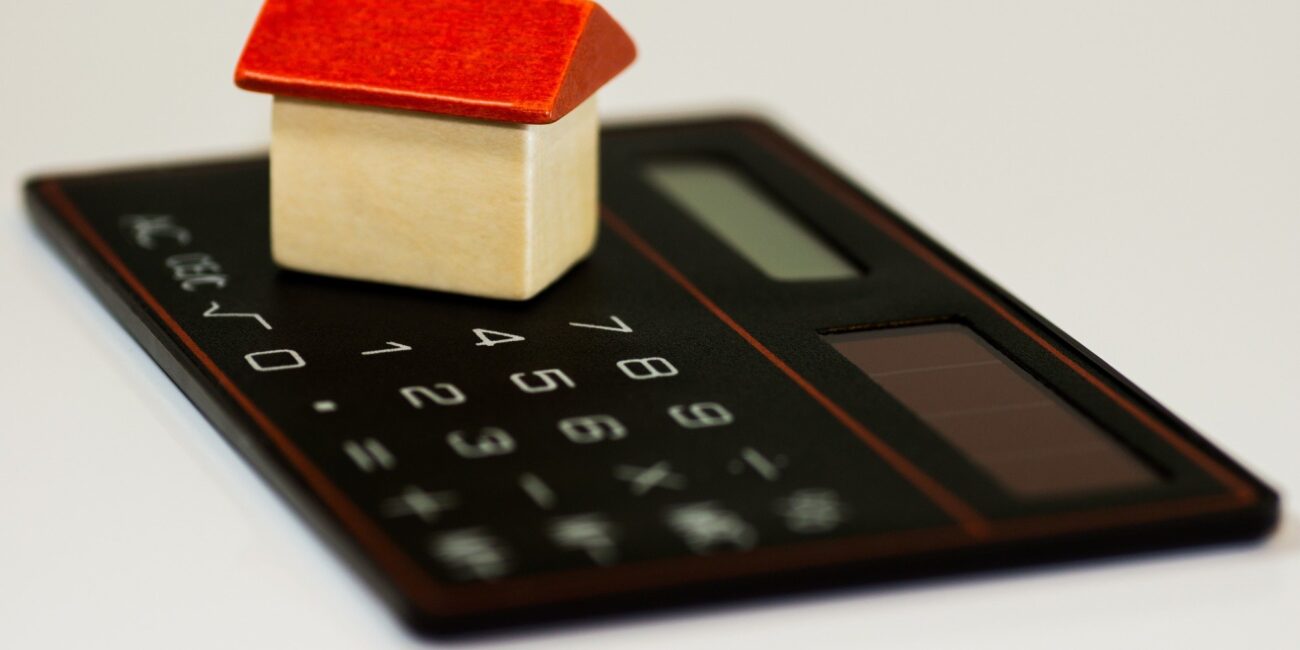Purchasing a home is one of the most significant financial commitments you’ll ever make, and understanding the intricacies of interest rates is a must. These rates determine the overall cost of your mortgage and influence the affordability of monthly payments.
In today’s fluctuating market, being informed about how interest rates work and their potential impact on your mortgage can empower you to make wiser financial decisions. Whether you’re a first-time homebuyer or looking to refinance, having a grasp on interest rates will ensure that you navigate the mortgage landscape with confidence and clarity.
Fixed vs. Variable Rates
Deciding between a fixed or variable rate is crucial when selecting a mortgage. Fixed rates offer the security of a stable interest rate throughout the loan term, making it easier to plan finances as your monthly payments remain consistent. On the other hand, variable rates may provide lower initial costs, but they fluctuate with market conditions, which can lead to lower or higher payments over time. You can check updated mortgage rates online regularly, especially if considering a variable rate, as changes in the economy can directly affect your payments or if you’re considering refinancing. By weighing the benefits and risks of each option, you can choose the mortgage structure that aligns best with your financial goals and risk tolerance.
Impact of Credit Score
Your credit score plays a significant role in determining the interest rate for which you qualify on a mortgage. Lenders use this score to assess the risk of lending to you, with higher scores indicating a lower risk. A strong credit score can lead to lower interest rates, which, in turn, reduces the overall cost of your mortgage. On the opposite end, a lower credit score might result in higher interest rates, increasing your monthly payments and total loan cost.

Monitor your credit score and take steps to improve it, if necessary, before applying for a mortgage. Paying bills on time, reducing debt, and avoiding new credit inquiries can all contribute to boosting your credit score, making you more attractive to lenders, and securing better mortgage terms.
Economic Indicators
Economic indicators are essential tools that can influence mortgage interest rates and, consequently, your decision-making when purchasing a home. Key indicators include the inflation rate, employment figures, and Gross Domestic Product (GDP) growth. For instance, high inflation typically leads to increased interest rates as a way for central banks to manage inflationary pressures. Conversely, lower inflation may allow for reduced rates, making borrowing more affordable.
Employment statistics also affect interest rates. In a robust labor market with low unemployment rates, there is a greater demand for goods, services, and housing, potentially driving interest rates higher as a means to temper demand. Similarly, strong GDP growth reflects economic strength, which might cause interest rates to rise to prevent overheating.
Loan Term
Generally, shorter-term loans, such as a 15-year fixed mortgage, have lower interest rates than longer-term loans like a 30-year fixed mortgage. This is because the lender assumes less risk with a shorter repayment period.
Carefully evaluate your options and choose a loan term that aligns with your financial goals. While a shorter-term loan may save you money in interest over time, it also means higher monthly payments. On the other hand, a longer-term loan with lower monthly payments may be more manageable for your budget but result in paying more interest over the life of the loan.
Prepayment Penalties
Prepayment penalties are fees that some lenders charge if you repay your mortgage early. These penalties are intended to compensate the lender for the interest they may lose if you clear your debt before the end of the loan term. While prepayment can reduce the amount of interest paid over the loan’s lifetime, you must understand whether your mortgage agreement includes any such penalties.

If you anticipate the possibility of paying off your loan ahead of schedule, it’s wise to either negotiate the terms to avoid excessive charges or choose a mortgage without prepayment penalties. Always consult with your lender to ensure you’re fully aware of all potential costs involved in making the most financially sound decision.
Rate Locks
Securing a rate lock is a strategic move for mortgage borrowers who want stability during the buying process. A rate lock guarantees the interest rate for a specific period, typically ranging from 30 to 60 days, protecting you from market fluctuations that could increase rates before your loan closes. To benefit from a rate lock, you must complete the mortgage approval process and close on your home within the lock period to secure the agreed-upon rate.
Bear in mind that some lenders might charge a fee for this service, so weigh the potential savings against any costs. For homebuyers in a rising rate market, a rate lock can provide peace of mind and potentially save you thousands of dollars over the life of your loan.
Understanding the various factors that influence mortgage interest rates is essential for making informed decisions when purchasing a home. By familiarizing yourself with fixed and variable rates, the impact of your credit score, key economic indicators, loan terms, prepayment penalties, and rate locks, you can better navigate the complexities of the mortgage market. Armed with this knowledge, you can choose a mortgage structure that aligns with your financial goals, thereby ensuring a more secure and cost-effective home-buying experience.



